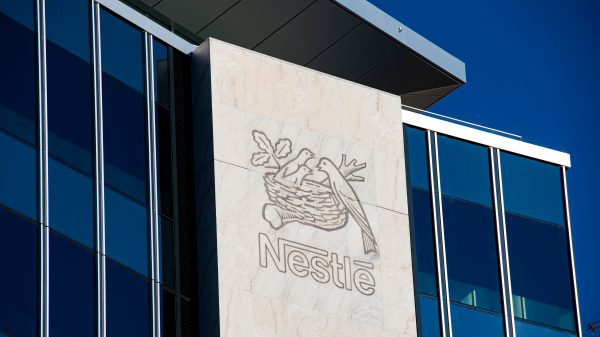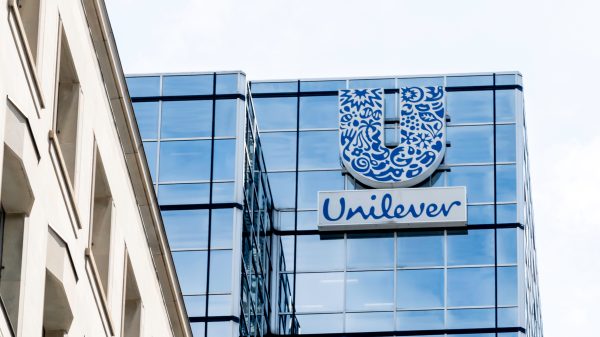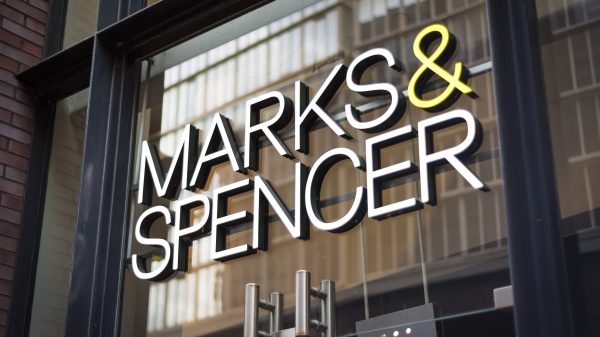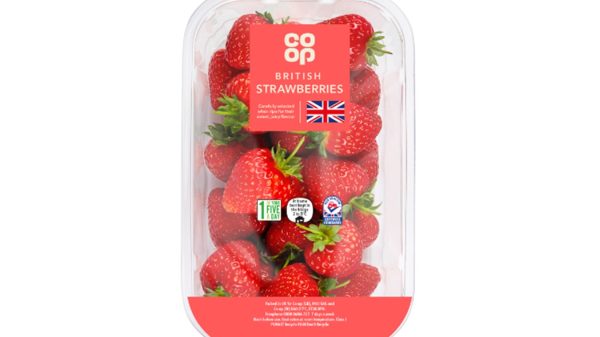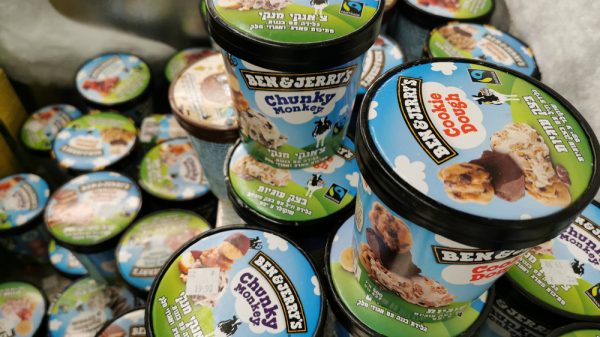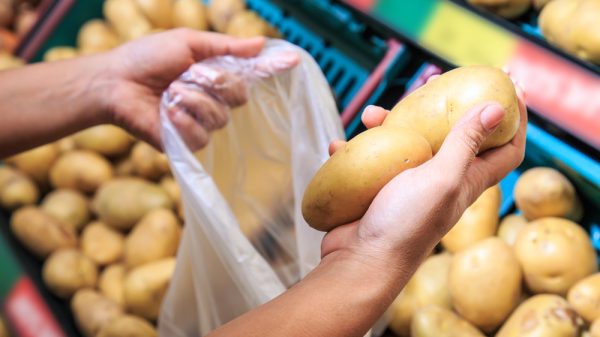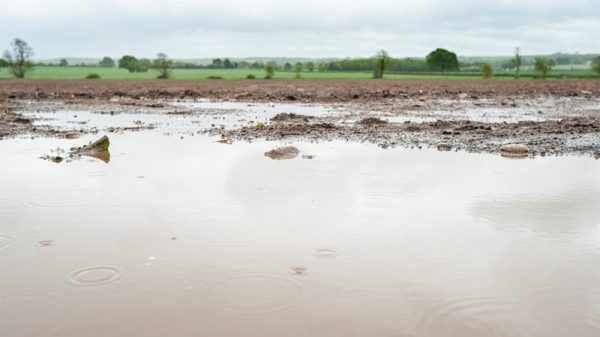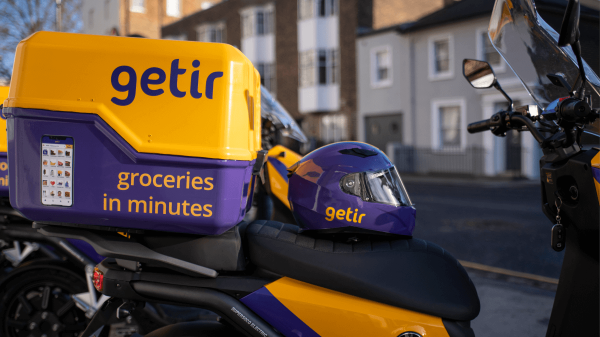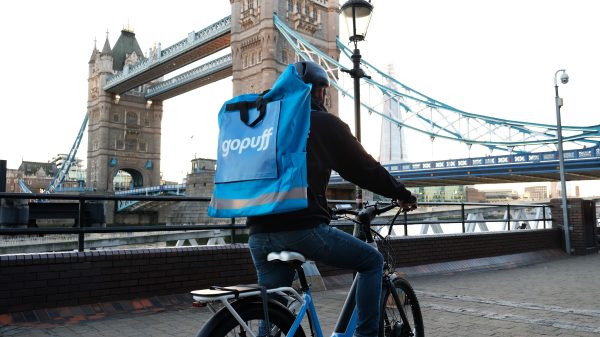Food inflation has hit its highest point since November 2020 after months of battering by inflationary costs.
British Retail Consortium (BRC) data, released hours before the Autumn Budget, shows that food inflation has soared to 0.5 per cent, up from the 0.1 per cent 12-month average.
The Grocer reports that fresh food prices rose by 0.3 per cent, a rise of 0.7 per cent since September.
Ambient food inflation held steady at 0.8 per cent.
READ MORE: Dairy giant Arla hit by triple whammy of inflation shocks
“Increased costs from labour shortages, supply chain issues and rising commodity prices have started filtering through to the consumer,” BRC boss Helen Dickinson said.
“Tight margins mean retailers may not be able to absorb all of these new costs, so prices will continue to rise.”
A separate BRC survey showed that three in five retailers expected prices to increase in the build-up to Christmas.
“Retailers… are looking to work with government to find a long-term solution to these shortages,” Dickinson continued.
“Otherwise it is the British consumer, who already faces higher energy bills this winter, who will suffer the consequences.”
Chancellor Rishi Sunak is expected to add to inflationary pressures by announcing a 59p minimum wage boost.
Lance Forman, the head of smoked salmon supplier H. Forman, said the government was “getting this completely wrong”.
He argued that ministers should not be burdening small businesses after the national insurance rise and at a time of soaring energy costs.
“Everybody is putting up prices now,” Forman claimed.
“All of our suppliers are putting up prices, we’re having to put up prices.”
Click here to sign up to Grocery Gazette’s free daily email newsletter

